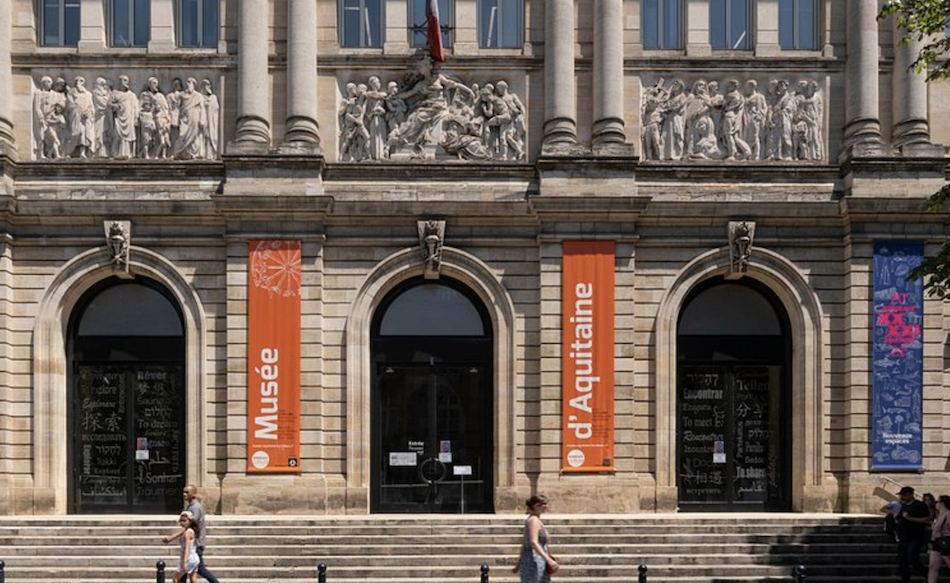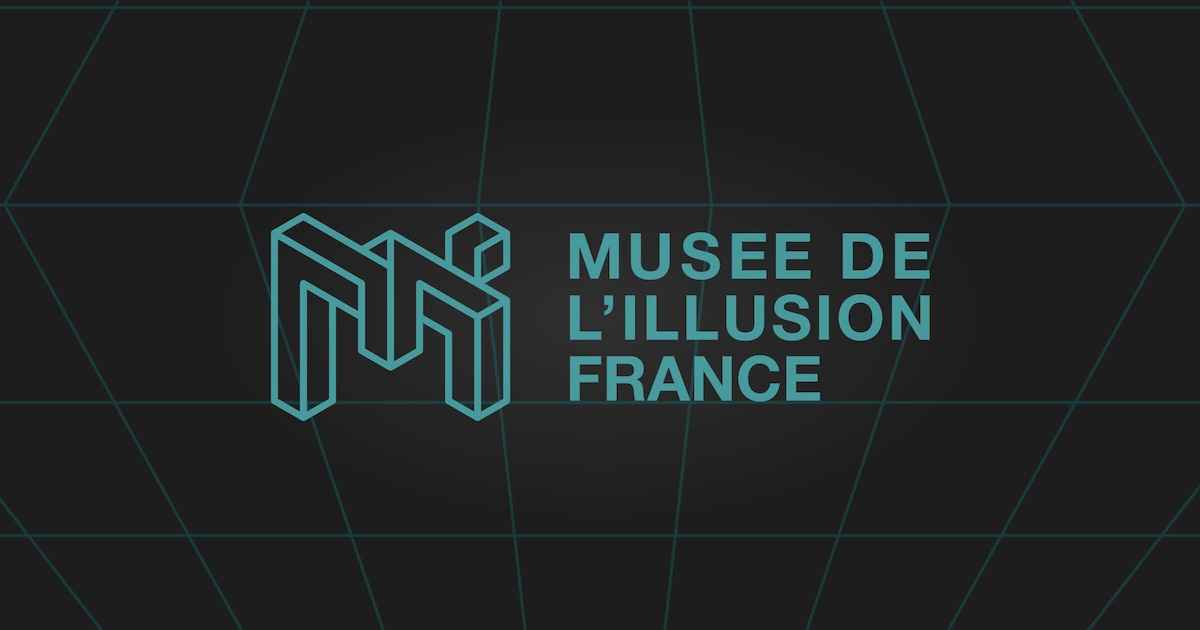2024-10-15
The Musée d'Aquitaine Bordeaux
The Musée d’Aquitaine, located in the heart of Bordeaux, is an emblematic institution dedicated to preserving and showcasing the region’s heritage. It offers visitors a journey through 400,000 years of history—from Prehistory to the contemporary era—tracing the cultural, social, and economic evolution of Aquitaine

Located just 1 km from our real estate agency in Bordeaux, the Musée d'Aquitaine fascinates and bears witness to the region’s appeal for several millennia. Life has been pleasant in Aquitaine, and especially in Bordeaux, for a very long time.
A Journey Through 400,000 Years of History
The museum’s permanent collections trace 400,000 years of history, highlighting the cultural, social, and economic evolution of the region. Visitors can admire prehistoric artifacts, Gallo-Roman remains, medieval objects, as well as testimonies from the modern and contemporary eras.
The collections are organized into several chronological and thematic sections:
- Prehistory and Protohistory: This section presents artifacts dating back 400,000 years, offering insight into the earliest human settlements in the region.
- Bordeaux and Aquitaine in the Gallo-Roman Era: The remains of Burdigala, the ancient name of Bordeaux, demonstrate the city’s importance during the Roman Empire.
- Aquitaine under the Kings of England and the Return to French Guyenne: This period covers the Middle Ages, marked by English rule and the region’s later return under the French crown.
- From Montaigne to the Sun King: Inaugurated in March 2024, this space explores the 16th and 17th centuries, highlighting emblematic figures such as the philosopher Michel de Montaigne.
- Bordeaux in the 18th Century, Atlantic Trade and Slavery: This section addresses Bordeaux’s role in the triangular trade and the slave trade, offering a reflection on this dark chapter in history.
- Bordeaux, Gateway to the World: 1800–1939: It illustrates the city’s rise as a global port, its commercial exchanges, and its industrial development.
- Bordeaux Aquitaine 20th – 21st Centuries: This final section retraces the contemporary evolution of the city and the region up to the present day.
The Highlights of the Musée d'Aquitaine
Among its masterpieces are the famous Venus of Laussel, an exceptional prehistoric sculpture, and the Gallic treasure of Tayac, illustrating the wealth of ancient civilizations in Aquitaine. The museum also houses ethnographic collections from Africa and Oceania, reflecting Bordeaux’s port history and international exchanges. Here is a small, non-exhaustive selection:
- The Venus of Laussel: An exceptional prehistoric sculpture representing a female figure.
- The Gallic Gold Torque: A massive necklace showcasing the craftsmanship of Celtic artisans.
- The Cenotaph of Michel de Montaigne: A monument dedicated to the famous philosopher and former mayor of Bordeaux.
- The Bust of Cardinal de Sourdis by Bernini: A masterful work by the renowned Italian sculptor.
- The Bronze Statue of Hercules: An imposing representation of the mythological hero.
Temporary Exhibitions and Cultural Activities
The Musée d'Aquitaine regularly offers temporary thematic exhibitions, providing in-depth perspectives on a wide range of subjects related to history and culture. Guided tours, educational workshops, and conferences are also organized to enrich the visitor experience.
Among the recent exhibitions:
- "Prehistoric Art. From the Atlantic to the Mediterranean" (May 25, 2023 – January 7, 2024): This exhibition presented masterpieces of prehistoric art from major sites in southern France, northern Spain, and Portugal, offering an in-depth look at the artistic expression of prehistoric societies.
- "From Montaigne to the Sun King" (opened March 15, 2024): This new permanent section explores the 16th and 17th centuries in Aquitaine, highlighting emblematic figures and key events of the period.
- "Living and Dying in Egypt, from Alexander the Great to Cleopatra": This exhibition offered an immersion into Ptolemaic Egypt, exploring the cultural and funerary practices of the time.
Practical Information
Address: 20 cours Pasteur, 33000 Bordeaux
Opening Hours: Tuesday to Sunday, 11 am to 6 pm. Closed on Mondays and public holidays.
Admission: Free entry for visitors under 18 and on the first Sunday of each month (except in July and August). Reduced rates are available for students and other eligible groups.
Access: The museum is accessible via tram line B, stop “Musée d'Aquitaine”.
For more information, visit the museum’s official website: https://musee-aquitaine-bordeaux.fr/


